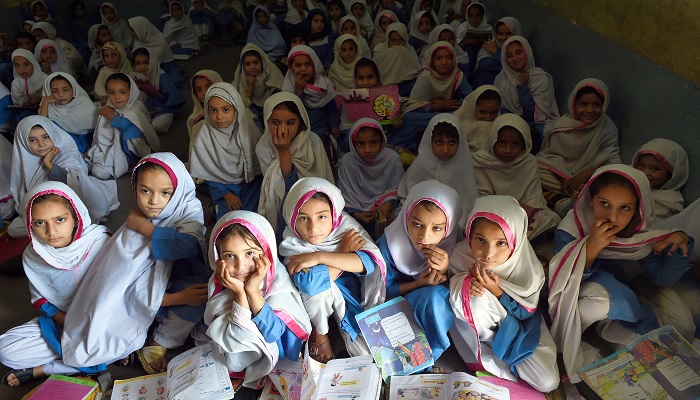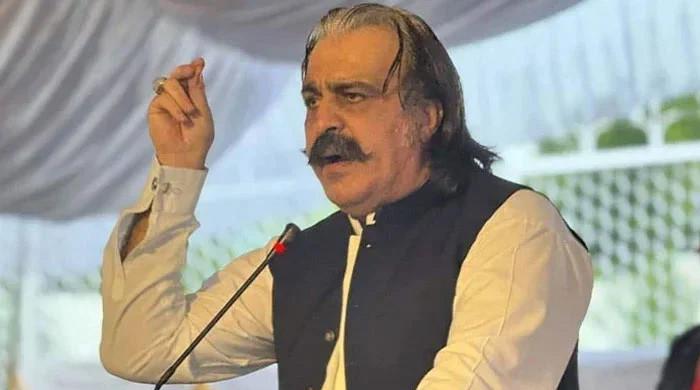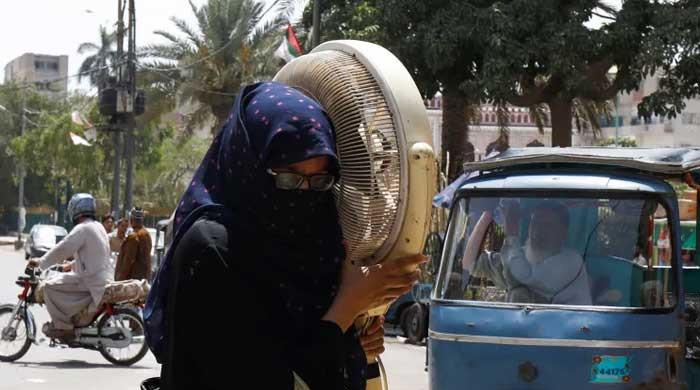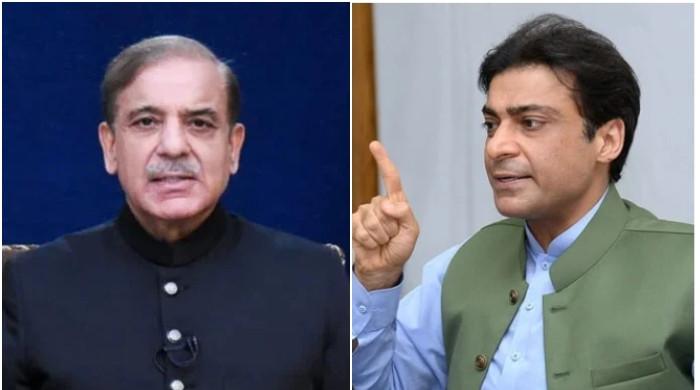International Day of Girl Child: Pakistan renews pledge to empower its daughters
"Our daughters have power to change world. Move forward, we are with you," says CM Maryam Nawaz in special message
October 11, 2024

As the world marks International Day of the Girl Child 2024 today, underscoring the pressing need to ensure their empowerment and rights, new figures reveal a spike in sexual violence against girls, particularly in countries like Pakistan where their struggle for access to education, healthcare, and safety continues unabated.
According to Unicef estimates, over 370 million girls and women worldwide have suffered rape or sexual assault before turning 18, underscoring the urgent need for action.
The first-ever global and regional estimates on sexual violence against children lay bare the scale of the violation worldwide, especially for adolescent girls, often with lifelong implications.
When ‘non-contact’ forms of sexual violence, such as online or verbal abuse are included, the number of girls and women affected rises to 650 million globally – or 1 in 5, emphasising the urgent need for comprehensive prevention and support strategies to effectively address all forms of violence and abuse.
“Sexual violence against children is a stain on our moral conscience,” said Unicef Executive Director Catherine Russell. “It inflicts deep and lasting trauma, often by someone the child knows and trusts, in places where they should feel safe.”
Pakistan is also observing the day with the commitment to double down on its efforts to invest in the empowerment of girls and promote awareness to ensure their rights, along with addressing the issues they continue to face.
'Power to change world'
In a passionate message on this day, Punjab Chief Minister, Maryam Nawaz, said: "The courage, determination, and talent of our nation's daughters have the power to change the world. Move forward, we are with you."
"Nurturing the dreams and abilities of daughters is not just their right but also a national duty. "The Punjab government is implementing a comprehensive roadmap for the protection, education, health, and welfare of girls and women."
"I wish that every daughter can turn her dreams into reality, with the support of society," she added.
It is an undeniable fact for young girls growing up in Pakistan, there are few women in power whom they can look up to and count on to protect their rights. The lack of women in the workforce also undermines girls’ access to critical services such as healthcare and education, given that girls are more likely to feel comfortable in these environments when women are present.
Meanwhile Sindh Governor, Kamran Khan Tessori, also shared a message, which reads: "Empowering girls is the foundation of societal progress."
"Providing opportunities for girls to advance in every field is our foremost responsibility. Through education and protection, we can secure a bright future for our girls."
Tessori added that promoting the talents of girls was crucial to the country's development.
An estimated 53% of the over 25 million out-of-school children in Pakistan are girls, which has resulted in a labour force where women are disproportionately underrepresented.
The female labour participation rate in Pakistan is just slightly over 24% as compared to around 80% of men and the gap is particularly acute at the top of the economic pyramid with women making up a mere 5.71% of legislators, senior officials and managers as per the World Economic Forum’s Global Gender Gap Report.
‘Girls’ vision for the future’
United Nations (UN) General Assembly adopted Resolution 66/170 to declare October 11 as the International Day of the Girl Child on December 19, 2011, to recognise girls’ rights and the unique challenges girls face around the world.
This year’s theme for the international day, "Girls’ vision for the future", conveys both the need for urgent action and persistent hope, driven by the power of girls’ voices and vision for the future, according to message published by UN on its website.
Today’s generation of girls is disproportionately affected by global crises of climate, conflict, poverty and pushback on hard-won gains for human rights and gender equality.
Too many girls are still denied their rights, restricting their choices and limiting their futures.
Yet, recent analysis shows that girls are not only courageous in the face of crisis, but hopeful for the future. Every day, they are taking action to realize a vision of a world in which all girls are protected, respected and empowered.
But girls cannot realise this vision alone. They need allies who listen to and respond to their needs.
With the right support, resources and opportunities, the potential of the world’s more than 1.1 billion girls is limitless. And when girls lead, the impact is immediate and wide reaching: families, communities and economies are all stronger, our future brighter.
It is time to listen to girls, to invest in proven solutions that will accelerate progress towards a future in which every girl can fulfil her potential.











